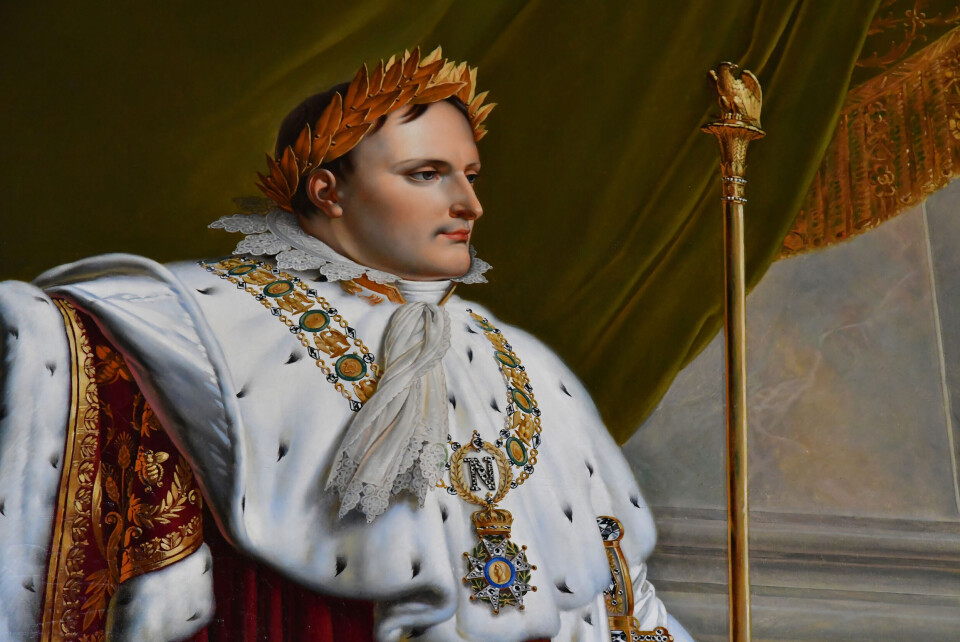-
Bavarde, commérages: how to describe having a chat or gossip in French
One phrase has its origins in the 16th century and could easily be mistranslated
-
Tati, toutou, toc-toc: French and its love of doubled-up words
We look at common phrases and words using repetition and Connexion readers share their examples
-
What does à la Saint-Glinglin mean and when should it be used?
This phrase is useful for people who tend to procrastinate or make empty promises
French language: Napoleon’s ‘Old Guard’ still used in English today
A battle cry from Waterloo and descriptions of experienced soldiers - Napoleonic phrases that live on

A battlefield rallying cry attributed to one of Napoleon's elite Imperial Guard generals, and supposedly hollered during the last-ditch attempt to halt British and Prussian soldiers at the Battle of Waterloo (June 18, 1815), was:
"La Garde meurt, elle ne se rend pas!"
("The Guard dies, it does not surrender!).
The 100,000-strong Guard had been formed in 1803 and its serving soldiers were divvied into three distinct groups: the Old Guard, the Middle Guard and the Young Guard.
The Old Guard are unwaveringly loyal
Hitherto more often used for security and protection rather than in the heat of battle (until the Battle of Marengo in 1800), their use in Belgium was a last roll of the dice, but the Middle Guard retreated without orders for the first (and only) time in its history.
While the Imperial guard was disbanded in August 1815 by Louis XVIII, the reputation of the soldiers, especially the longer-serving, true elite Old Guard, lives on in the French collective memory... and in the language.
Much as in English (ie. "the Old Guard"), la vieille garde can refer to those partisans unwaveringly loyal to a certain authority or political figure.
Life experience counts
However, there is another phrase directly related to Boney's most loyal men that remains in common parlance: les vieux de la vieille (the old men of the old [guard]), which refers to those who hold a particular expertise in a field, or who have lived through something that the younger generation have not.
Military references aside, a simpler way of alluding to someone as being experienced is to say they are ‘expérimenté’ (note, not ‘experiencé’ – no such word – though ‘expérience’, with no é at the end, means experience as in English).
Related articles
Five French phrases with same English meaning - just swap the animal
Three favourite Belgian phrases sneaking into the French language
Five historical French quotes (or mis-quotes) and their origins
























